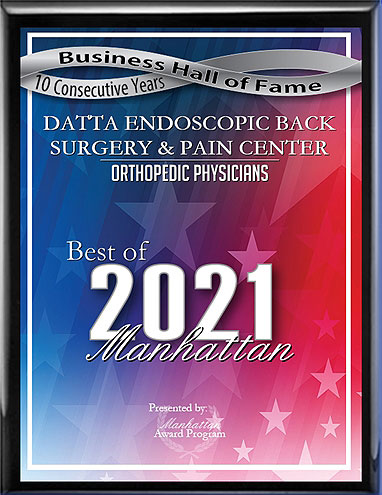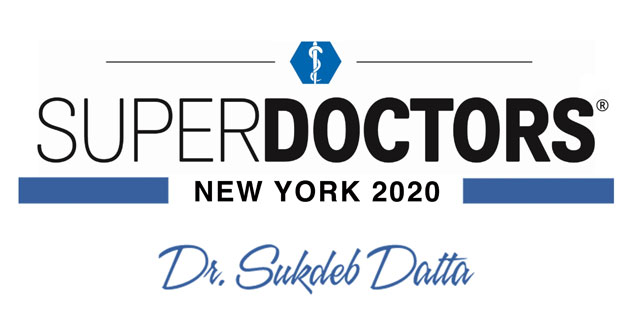- They lose fluid, making the vertebrae lie closer together and making the discs less effective as shock absorbers
- They may sustain small injuries, such as cracks in the outer portion of the discs, which can eventually let the inner portion of the disc bulge out
The result of these processes can be osteoarthritis, herniated discs, or bone spurs at one or more places in the spine. All of these conditions can press against the spinal cord and nerve roots, causing symptoms, most notably pain in the back, arms, or legs. Patients may experience numbness or muscle weakness in addition to pain, however.
Not all people are at an equal risk for degenerative disc disease. While the condition can happen to anyone, smokers and obese people are at a greater risk of developing injuries. For smokers, the cause is the reduced flow of oxygen and nutrients to the discs. For obese people, the fact that the spine bears more weight than it should is the cause of the increased propensity to spine conditions.
Treatment
Often, degenerative disc disease can be treated without resorting to surgery. There are a wide range of ways to treat the condition, including undergoing physical therapy and then sticking to an exercise regimen designed to reduce symptoms. Additionally, the administration of oral or epidural anti-inflammatory medication may relieve symptoms.
If surgery is necessary, patients have more options than ever. In the past, traumatic procedures such as spinal fusion and removal of vertebral bone were par for the course. Now, minimally invasive procedures such as laser spine surgery can be used to treat many cases of degenerative disc disease, reducing recovery times and improving outcomes.
To schedule a consultation about treatment options for your back pain, please click below or call the Datta Endoscopic Back Surgery and Pain Center at (646) 374-1799.






 EDISCSCULPT
EDISCSCULPT



